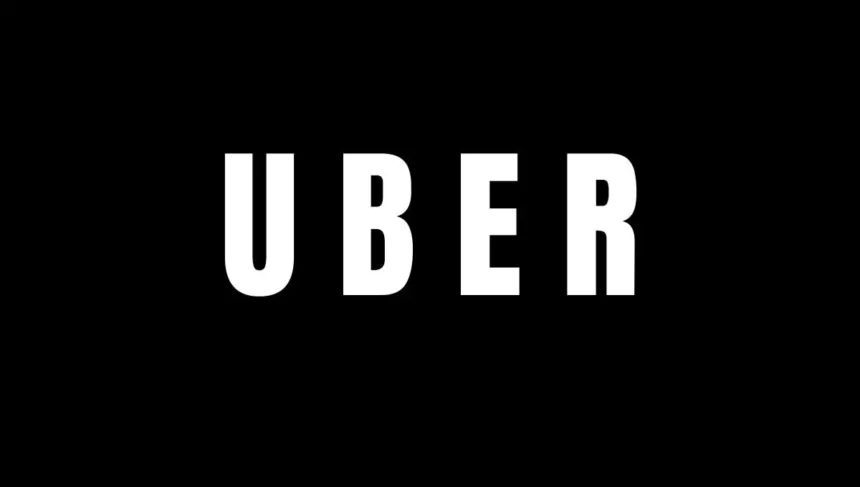In a sudden move, Uber is putting all of its resources into its flagship Uber Eats food delivery arm, while simultaneously dismantling Drizly, an e-commerce platform for alcoholic beverages that it bought for $1.1 billion in stock less than three years ago.
By April 1, 2023, Uber will no longer offer the Drizly app and will instead focus only on the Uber Eats platform for alcohol delivery. This sudden separation is a complete about-face for Uber, which had previously advocated for the synergies that would result from combining Drizly’s online booze stores with its worldwide on-demand delivery network.
Back then, Uber saw Drizly as the perfect partner to help restaurants increase their average order value by giving customers quick access to alcoholic beverages. Although it was expensive, the device was not worth it.
The data privacy protections employed by Uber are coming under increasing governmental scrutiny, which has led to the company’s decision to fully forsake Drizly. The FTC mandated earlier this year that Uber erase all customer data obtained illegally through Drizly’s platform.
A security hole that exposed the personal information of thousands of Drizly customers was the target of the FTC’s crackdown. Uber has to erase all customer information that isn’t necessary for processing orders as a part of their fix.
Uber appears to have taken the extensive data compliance regulations set by the FTC into consideration when deciding to shut down Drizly.
After Drizly goes out of business, Uber will focus on its Uber Eats app for alcohol delivery. In select international regions, Uber Eats now offers the option to order alcoholic beverages.
According to Uber, it has become the market leader in the alcohol category after seeing its gross bookings more than double in the last year. The firm thinks it has a leg up in the alcohol delivery race thanks to its tightly integrated Uber Eats marketplace, which is significantly larger than its competitors.
Opinions among analysts over Uber’s decision to drop Drizly are divided. There are many who believe that Uber would be better served by refocusing its resources on growing its Uber Eats restaurant network and menu selection if it were to pull out of the capital-intensive alcohol delivery industry.
However, there are many who argue that Uber’s management’s track record of botched strategic purchase evaluations and integration is in question in light of the Drizly gambit’s failure. It further increases the bar for Uber to prove that its ridesharing and food delivery businesses can generate profits in the long run.
It is debatable whether the shutdown of Drizly would lead to growth or become a symbol of wasted money. Whatever the case may be, Uber’s near-term focus is squarely on meeting the needs of its restaurant partners and the ravenous clients who place food orders.
Sources:
- https://nypost.com/2024/01/16/business/uber-to-shut-down-booze-app-drizly-after-buying-it-for-1-1b/
- https://www.cbsnews.com/news/uber-drizly-closing-march-2024/
- https://techcrunch.com/2024/01/16/uber-is-closing-alcohol-delivery-service-drizly-three-years-after-acquistion/
- https://www.fastcompany.com/91010921/drizly-closing-why-alcohol-delivery-app-uber-when
- https://abcnews.go.com/Business/wireStory/uber-cuts-off-drizly-alcohol-delivery-app-bought-106415217










